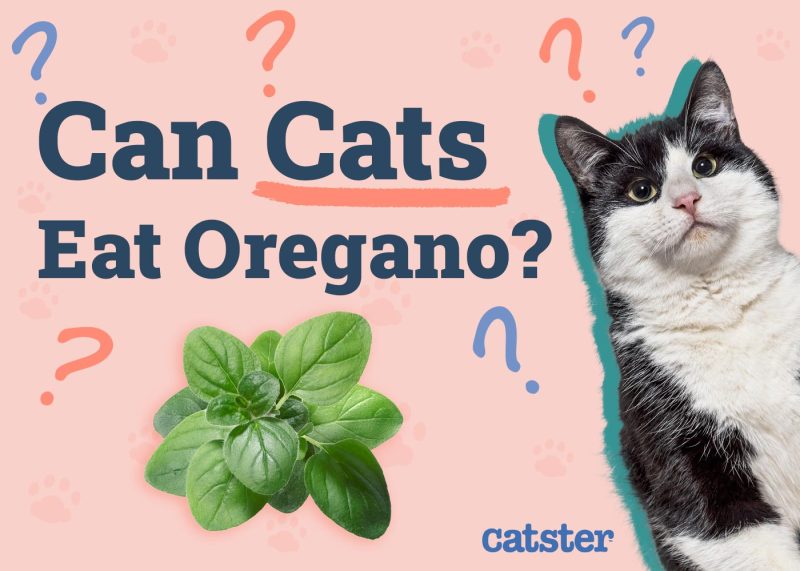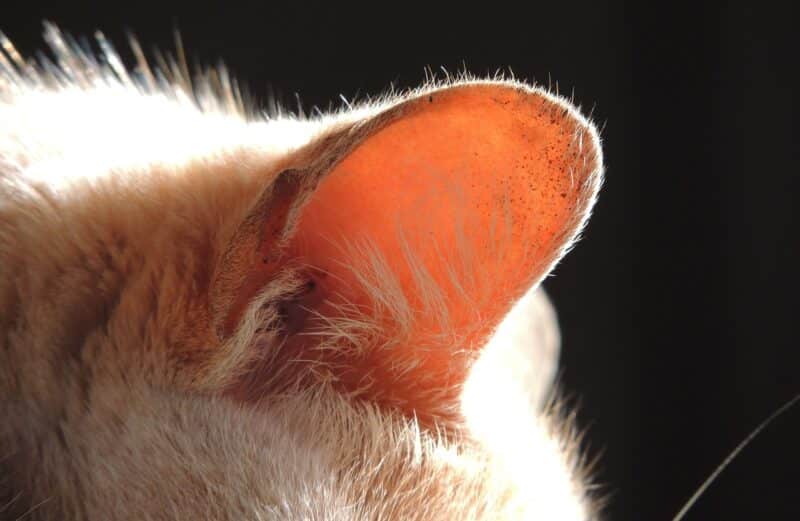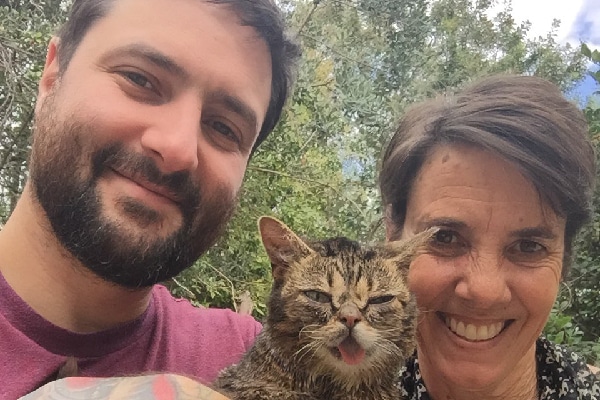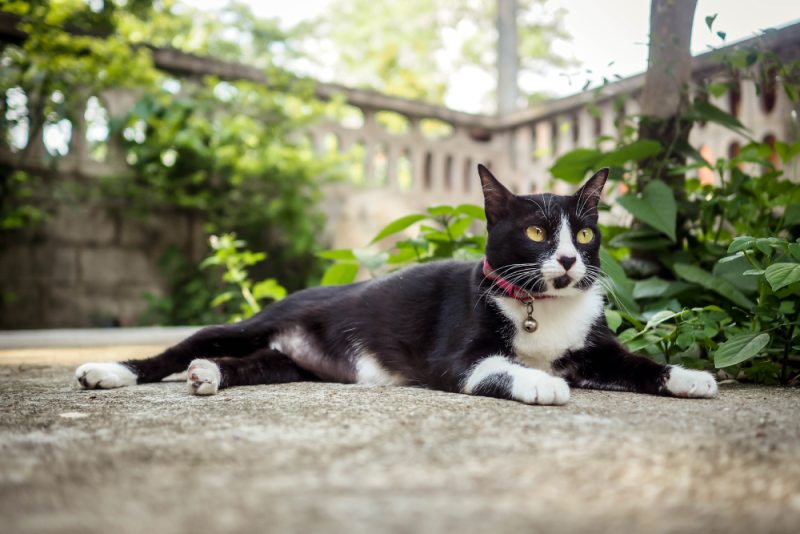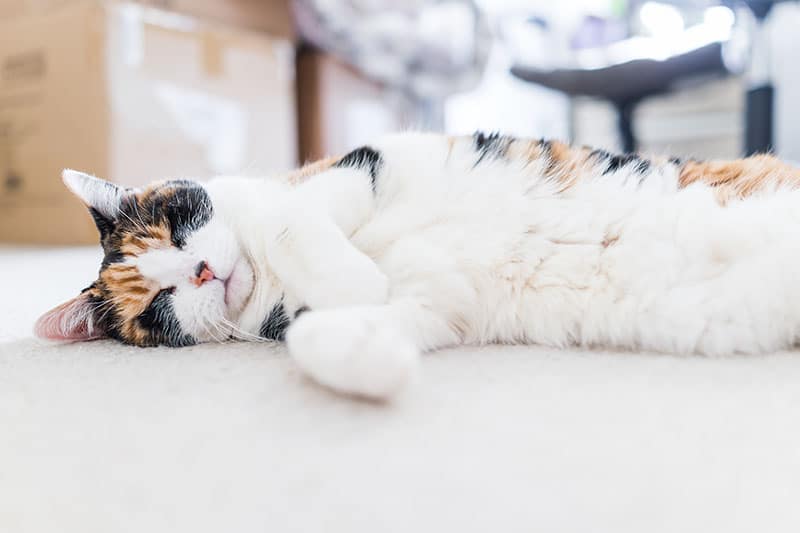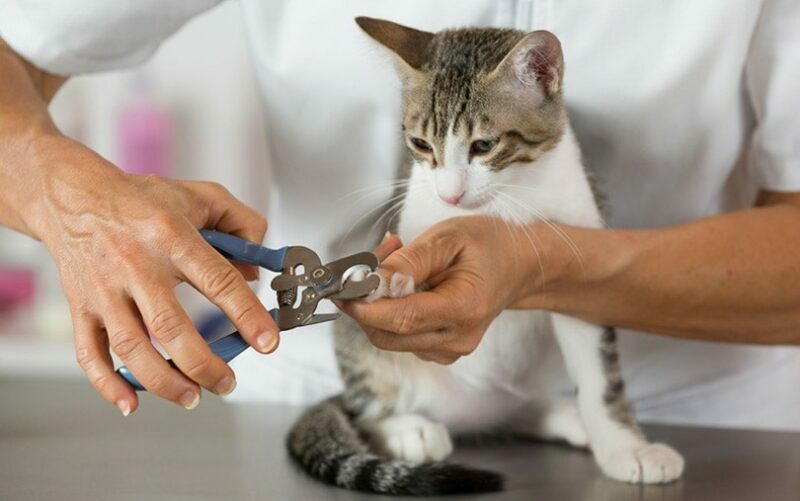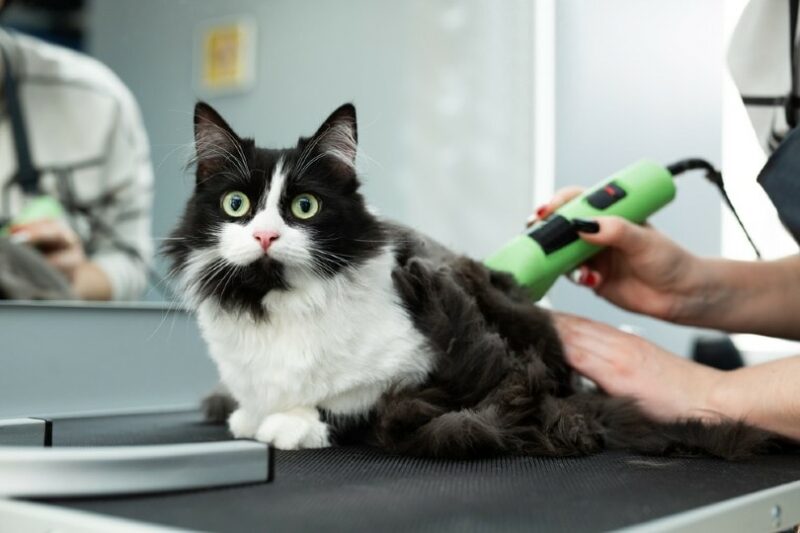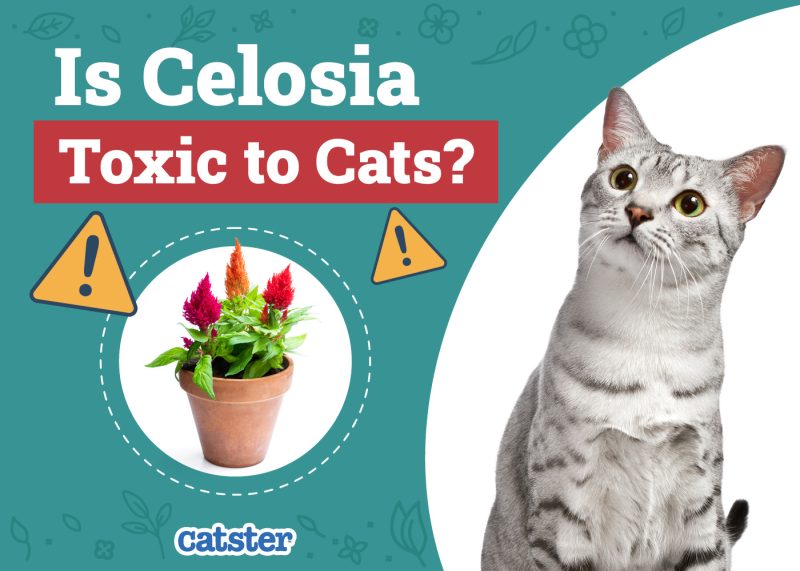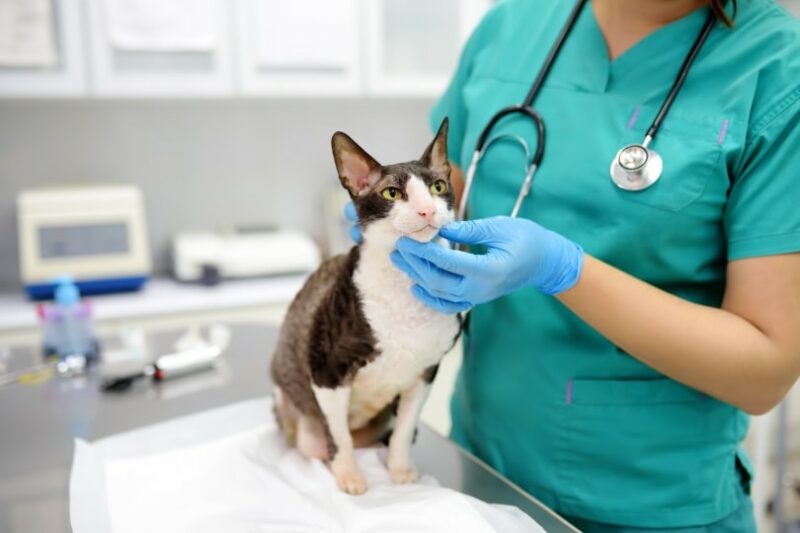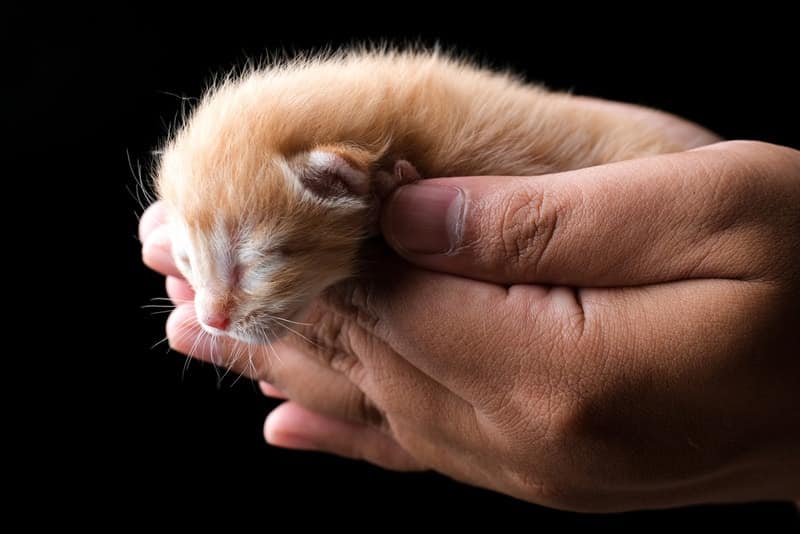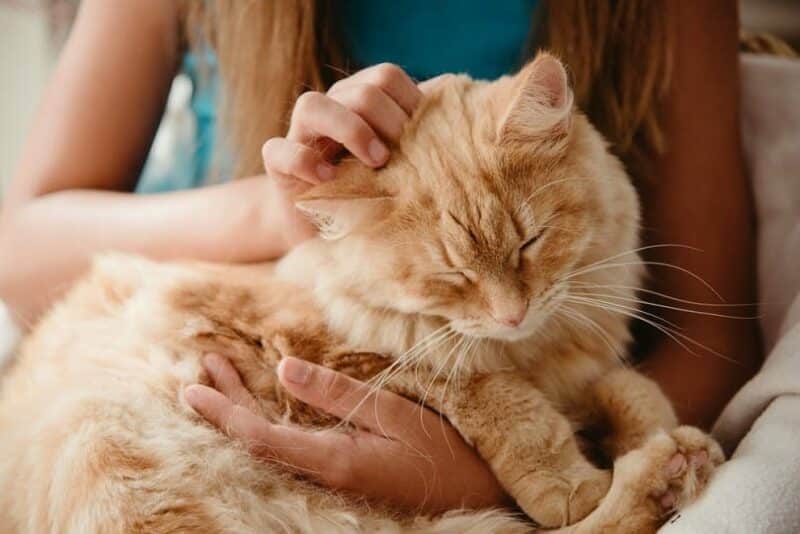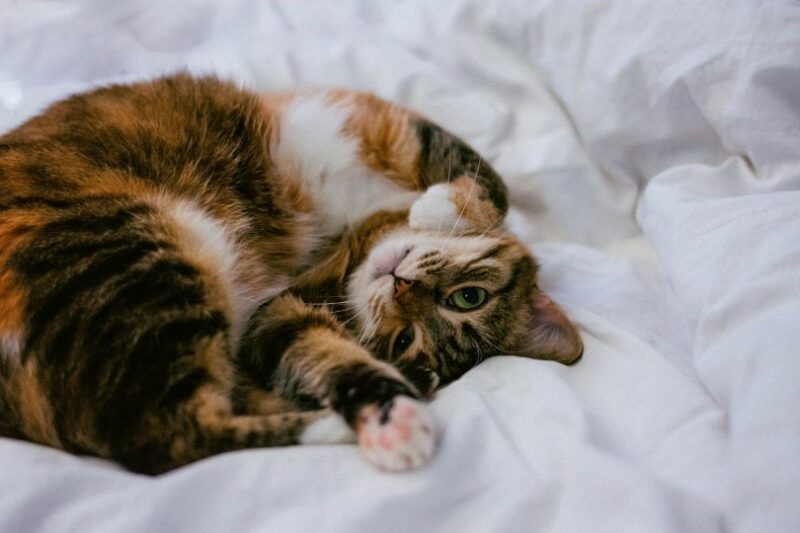In this article
Oregano is a popular and versatile culinary herb that’s often used in cooking all over the world, as well as for medicinal properties. Many common cooking herbs are fine for cats, but what about oregano? Can cats eat oregano? Is it healthy for them?
Unfortunately, no, cats can’t eat oregano. The oils in oregano have the potential to upset a cat’s stomach or, in some cases, cause irreversible liver damage.

Oregano Toxicity in Cats
According to the ASPCA, oregano is toxic to cats. It should not be given orally or topically, fresh or dried, or as part of other foods.
The essential oils in oregano that are poisonous to cats include phenols and terpenoids. Because cats lack the same enzymes that people have (glucuronyl transferase), they’re unable to break down and excrete these oils, leading to toxicity.
So, while your cat may ingest small doses without any ill effects, it builds up in the system and damages the liver over time.
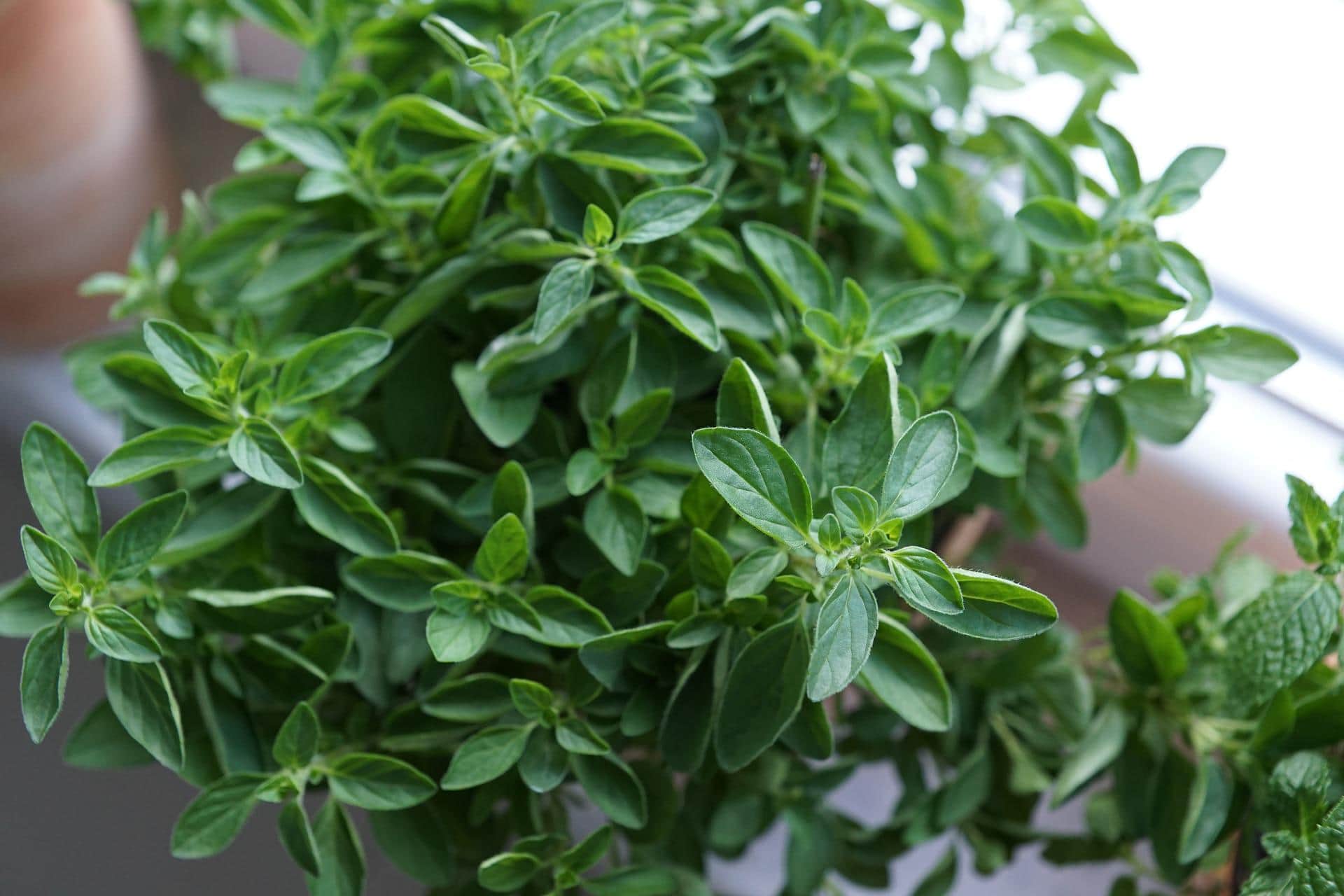
What Parts of the Oregano Plant Are Toxic?
All parts of the oregano plant is considered unsafe for cats due to the toxic oils they contain, so it’s important that your cat doesn’t ingest it. That said, oregano oil, which is a concentrated concoction of the essential oils found in the plant, is the worst offender.
You should never give your cat oregano essential oil, either orally or topically. Cats shouldn’t have access to dried oregano herbs, fresh oregano plant leaves or stems, or any food that has oregano on it.
What to Do if Your Cat Eats Oregano
If your cat does eat some oregano, it may experience a little gastrointestinal upset like diarrhea and vomiting that may go away in time. There may also be some mouth irritation from the oils, which are strong and spicy.
In severe cases of toxicity, your cat may experience:
- Nausea
- Severe vomiting and diarrhea
- Shallow breathing
- Inflammation of the mouth
- Liver problems
- Anorexia
- Collapse
Remember, oregano poisoning can be lethal. If your cat eats only a small amount of fresh or dried oregano, keep an eye on it and see if the cat shows negative signs. If you’re concerned, call your vet or the local emergency clinic. The sooner you act, the better the outcome will be.
If your cat has eaten large amounts of fresh or dried oregano or came in contact with pure essential oil, it’s important to head to the emergency clinic as soon as possible. The vet may perform blood and urine tests to see how much of the herb your cat ingested and whether the liver is showing signs of damage.
The vet may provide supportive therapy to help your cat recover from the toxicity, such as an IV to flush the oregano out. If your cat is struggling to breathe or is uncomfortable, the vet may provide oxygen and medications. Depending on the severity of the toxicity and your cat’s reaction, you may need to leave your cat at the veterinary hospital for a few days.
If your cat ingested small doses, it’s likely to make a full recovery if you act quickly. If it was concentrated, your cat might sustain liver damage. Your vet will give you recommendations for how to care for your cat moving forward.
If you need to speak with a vet but can't get to one, head over to PangoVet. It's an online service where you can talk to a vet online and get the advice you need for your pet — all at an affordable price!

Common Cooking Herbs That Are Toxic to Cats
Oregano isn’t the only toxic herb lurking in your kitchen. Many herbs we use in regular cooking are toxic to cats, including:
- Marjoram
- Cocoa
- Epazote
- Tarragon
- Chives
- Scallions
- Bay leaf
- Borage
- Sorrel
- Lemon verbena
- Lemongrass
- Lavender
- Chamomile
- Mint
If you grow these plants in your home or garden or use them in cooking often, it’s important to keep them out of reach of your cat.
There are some herbs that are safe for cats that you can keep in your kitchen, including:
Though these herbs are generally safe for your cat, it’s not advisable to feed them. Some herbs are only safe in small quantities, and there’s always a possibility that your cat will have an adverse reaction to otherwise safe herbs.

In Conclusion
Oregano is toxic to cats in all its forms, whether dried, fresh, or as an essential oil. If you grow herbs in the house, be sure to keep them out of reach of your cat and never offer food with dried oregano or the essential oil. When it comes to liver damage from a toxic herb, prevention is much easier than the cure.
